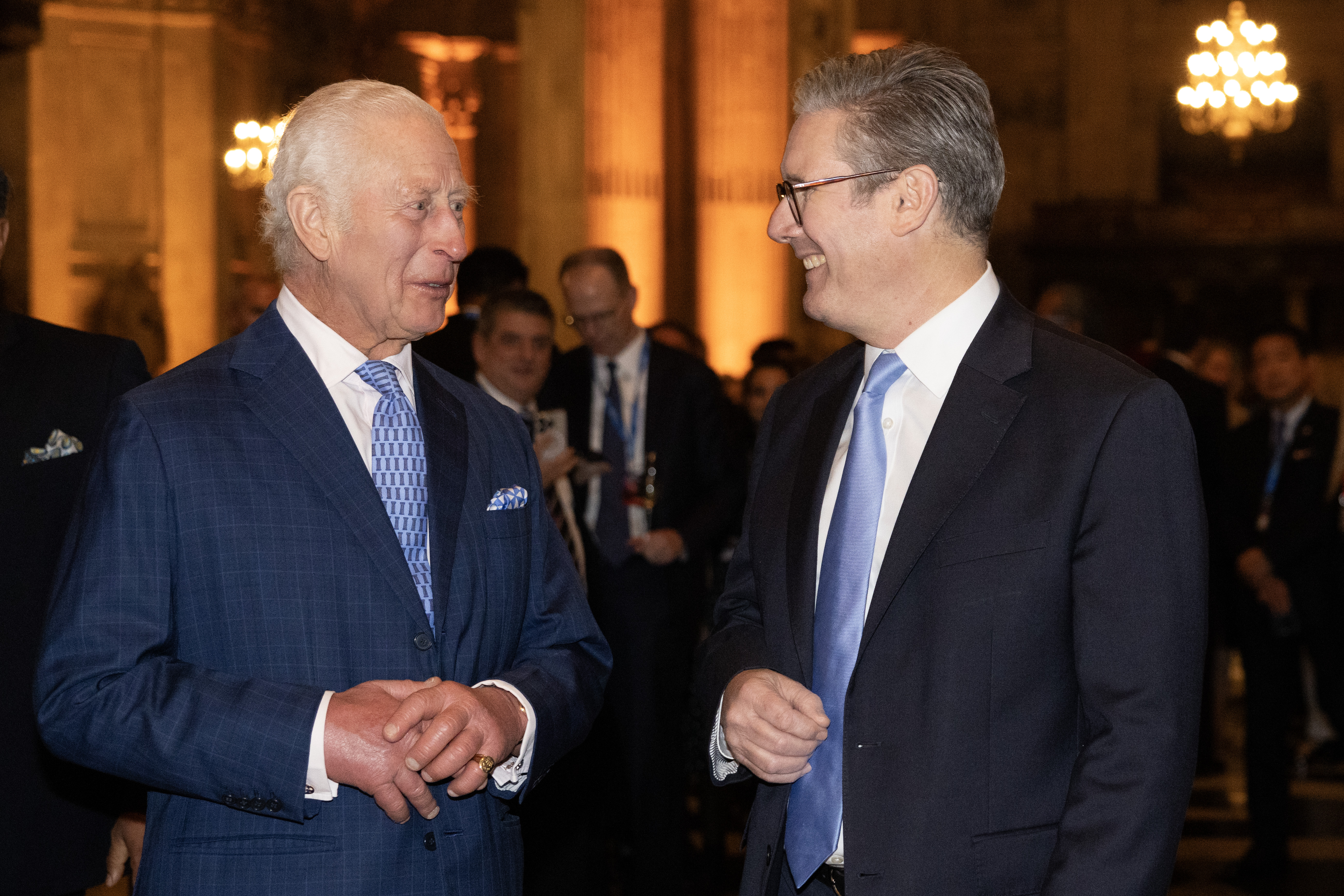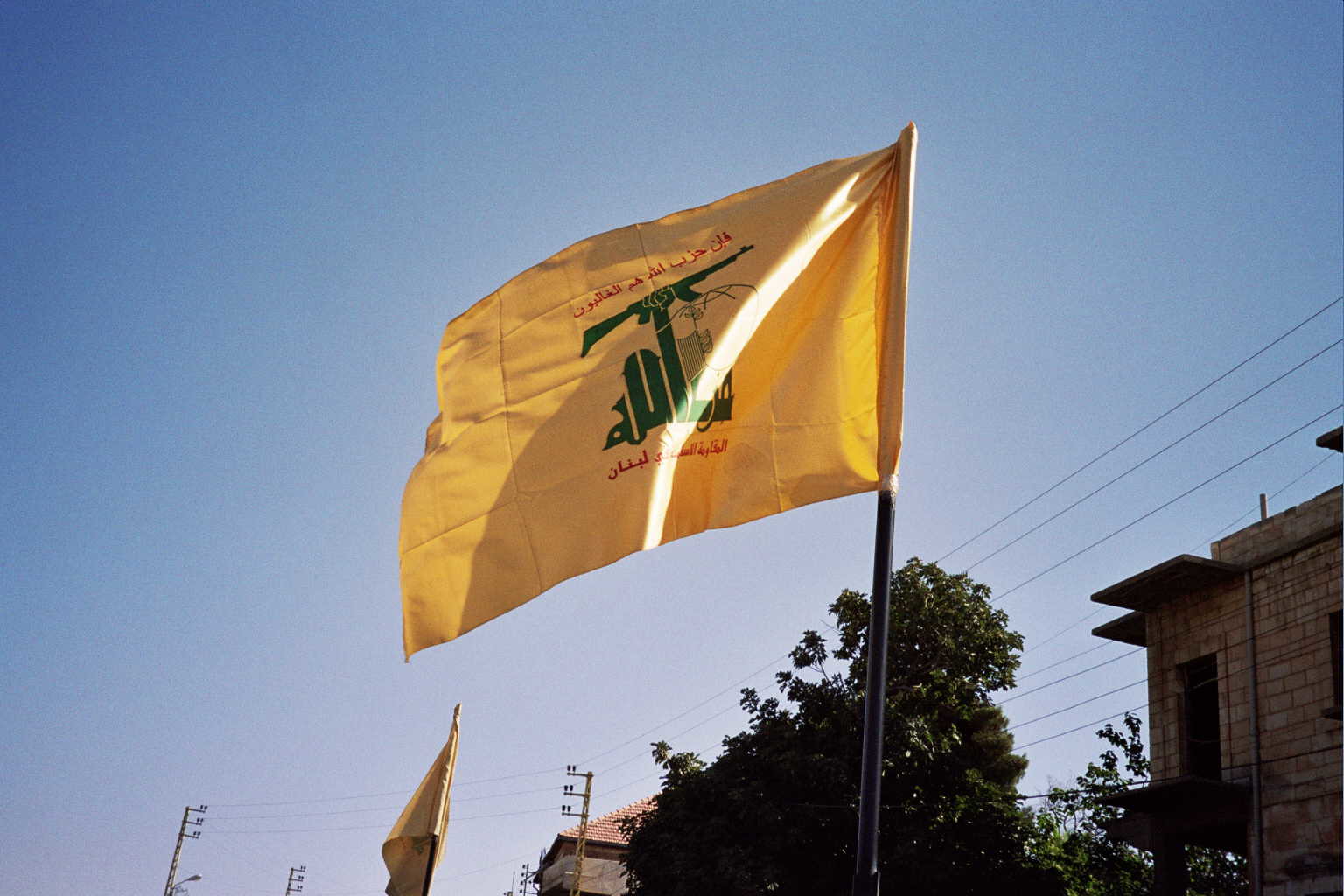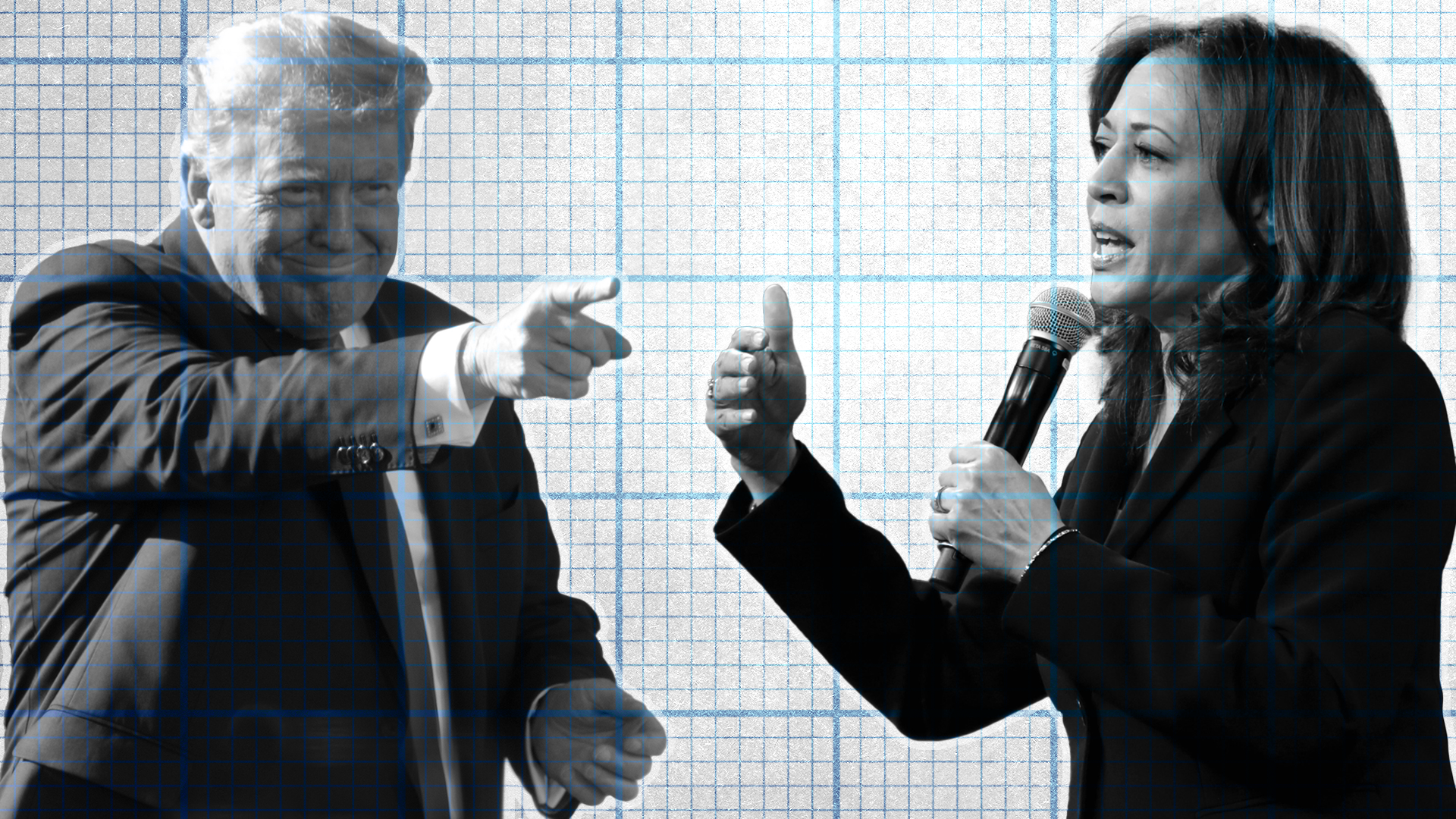India’s former Foreign Secretary Kanwal Sibal has downplayed the need for reparations but reminds the British, “We know what happened” under the empire.
 Prime Minister Keir Starmer greets King Charles III AT St Pauls Cathedral at a reception to mark the International Investment Summit. : Simon Dawson / No 10 Downing Street CC by 2.0/ Crown Copyright
Prime Minister Keir Starmer greets King Charles III AT St Pauls Cathedral at a reception to mark the International Investment Summit. : Simon Dawson / No 10 Downing Street CC by 2.0/ Crown Copyright
India’s former Foreign Secretary Kanwal Sibal has downplayed the need for reparations but reminds the British, “We know what happened” under the empire.
Calls for reparations for the harms of slavery and the British empire are set to narrow in on King Charles and UK Prime Minister Keir Starmer at the Commonwealth Heads of Government meeting in Samoa.
Starmer has publically stonewalled any ideas of reparations with Downing Street claiming that reparations will not feature at the CHOGM meeting.
“It is not on the agenda and not something we are taking forward. We are focused on the future,” the statement said.
However, reporting in the BBC indicates that some Commonwealth nations are going to do it anyway, with a leaked draft of the communique which will be released at the end of the meeting set to include a mention of reparations.
According to the BBC, the draft summit communique says: “Heads, noting calls for discussions on reparatory justice with regard to the transatlantic trade in enslaved Africans and chattel enslavement … agreed that the time has come for a meaningful, truthful and respectful conversation towards forging a common future based on equity.”
Speaking to 360info’s Leave it To The Experts, Professor Jioji Ravulo from the University of Sydney believes that we should be leaning into reparations. But how we do that will matter.
“Reparations is a great way of looking at the notion of responsibility,” Professor Ravulo said.
“However, it’s the process that can become tricky. Who is then held responsible for those reparations? Is it the local governments that then need to budget?
“Or is it against King Charles himself and the wealth (the royal family) have amassed because of the British Empire?”
Due to the expanse and centuries-long British empire, its impacts and harms are extraordinarily nuanced.
The conversation around the need for restorative justice is just as varied.
India’s history with Britain is equally brutal. Economist Utsa Patanik’s research claims the British stole $US45 trillion from India throughout its rule, among a series of other alleged crimes.
India’s former Foreign Secretary and current Chancellor of Jawaharlal Nehru University, Dr Kanwal Sibal, is no stranger to the impacts of the British in South Asia, having had to move as a child from his family home in what is now Pakistan at the time of partition.
Despite being part of India’s civil service for much of its independence, Dr Sibal has not lost sight of the harm caused to India.
“The whole attitude was to tax India, to exploit India, take those resources to fuel the economic growth and prosperity, in Britain itself,” Dr Sibal told 360info’s Leave it To The Experts.
“The British systematically tried to inculcate in the Indian elite the sense of inferiority and a sense that British civilisation and British rule was superior.”
However, Dr Sibal believes that the conversation in India is not about reparations for the past, as it would deny India the ability to shape the relationship it desires with the West, believing that any framework could be shifted beyond the exchange of debts and replaced with ideas to build the future.
“If Britain were to take a position to return some of the things which were taken during the colonial period, then I think the British Museum would have to close down because a lot of this stuff will simply go away,” he said.
“There’s a better way of doing it. For example, when it comes to climate change, we talk about equal but differential responsibility in the sense that because of the past and the fact that, in terms of carbon space, most of it was also used by the developed countries during the process of the industrialisation, not much in the developing countries.
“So, they [India] cannot be tied down to a calendar of causation, energy, and decarbonisation the same way they are in the West. Now, this is where they can actually help, and this involves the transfer of technology and finance.
“There are so many areas in which you can tackle this problem. In terms of the compensation of the past, but simply going for reparations and all this, neither here nor there.
“I think we should look at a long-term solution that would be far more effective in achieving the end that these countries want, which is more financial flows and building the development process.”
You can listen to the full interview with Dr Kanwal Sibal and conversations with social justice scholar Dr Francesca Dominello and decolonisation researcher Professor Jioji Ravulo on 360info’s Leave it To The Experts.
Originally published under Creative Commons by 360info™.










